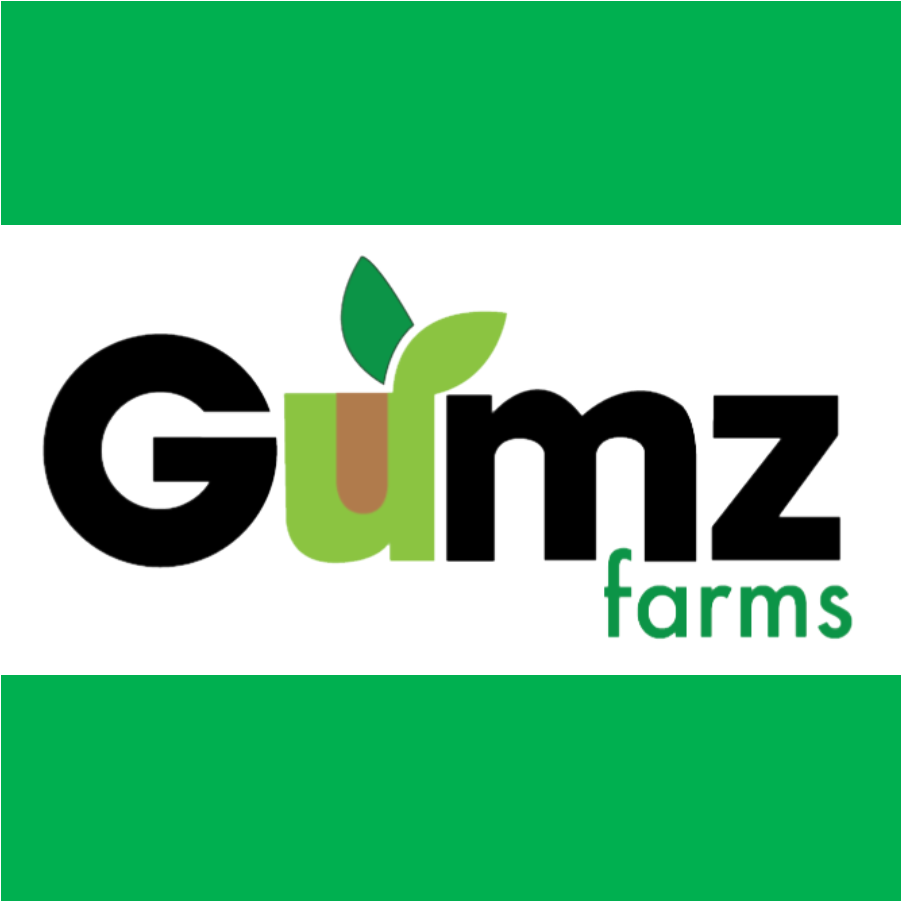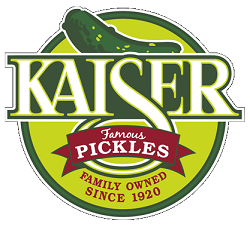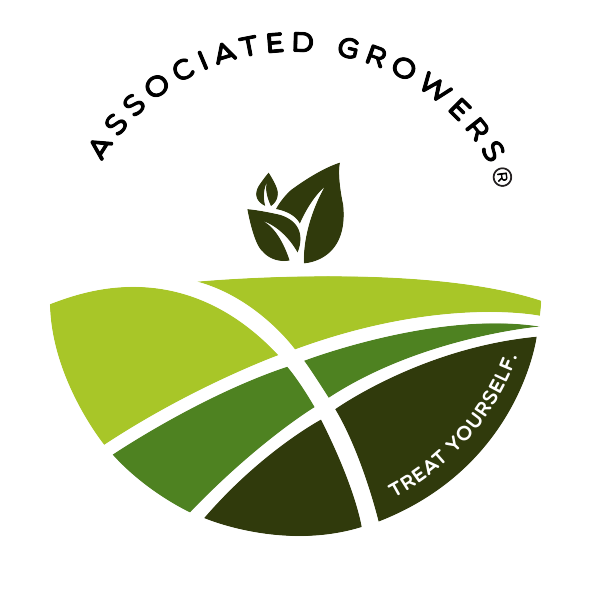Earlier this summer, the Food and Drug Administration announced it would delay the compliance date for the Food Traceability Rule, colloquially known as FSMA 204, by 30 months.
Frank Yiannas, former deputy commissioner of the FDA, joined The Packer podcast to share his insights into why traceability is a critical step for the fresh produce industry and why it’s needed for the entire supply chain.
“It’s necessary, because in every big outbreak that happens, oftentimes we see that a lack of traceability is what I call an Achilles heel,” he says.
While the industry had been working to prepare for FSMA 204, which he says is a big undertaking, Yiannas expressed some disappointment that the FDA decided to delay compliance outright instead of moving forward with the Jan. 20, 2026, compliance date but with delayed enforcement, taking an educate before enforce approach.
“Had I been there, I would have been advocating strongly, for ‘Let’s provide the industry more time with something that we call enforcement discretion,’” he says. “The compliance date goes into effect, but you stay true to that FSMA mandate of educating before and while we regulate and give the industry certainty, maybe even in written form, that we would grant enforcement discretion for a period of time afterwards, and so you could have given them more time.”
Yiannis says the risk in delaying outright is that some companies within the fresh produce industry may stop progress toward compliance. There may be a thought that the FDA could delay enforcement again or even change the rule, but the FDA has said repeatedly that the agency has no intention of changing the rule.
“The good news is that industry has a little bit more time, and I strongly advocate that they use that time and don’t stop what they’re doing and work on it, because July of 2028 will be here before you know it,” he says.
Yiannis says he did an exercise a few weeks ago, looking at the outbreaks the FDA investigated and closed for this year. He says he discovered that 60% of those outbreaks were closed without identifying the food responsible for the outbreak.
“We live in a day and age where we have whole genome sequence, and the analogy I use is we can find needles-in-the-haystack cases of foodborne illness across the country; we know they’re linked because they have the same genetic match, which is a good thing, and I hope we continue to invest and make advancements in public health surveillance so we can find the needles in the haystack,” he says. “But we can’t find the haystacks — the foods from which these pathogens came from. We can’t delay this any longer than July of 2028, and if you say that you’re for radical transparency, as we hear a lot of leaders say these days, you can’t be for radical transparency and against food traceability. That’s an oxymoron.”
He says while FSMA 204 is a signficiant change, one of the biggest barriers to compliance is that many produce industry businesses don’t understand the true value of better traceability.
“We did a cost-benefit analysis, and on balance, we believe the rule will save the nation, the food system, our society at large, dollars, because we’ll be able to solve outbreaks quicker, prevent outbreaks, prevent these overly broad recalls that we’ve all seen over the course of the past decade,” he says. “We’ve seen repeatedly in these outbreaks. When you trace them back, it’s a source, yet everybody who grew the commodity got damaged.”
Yiannis says a challenge to implementing FSMA 204 across the entire fresh produce supply chain is what he calls the “last mile” at the distribution center and then shipping to a point of service such as a retailer or restaurant.
“I can tell you that in so many outbreaks, it was that last mile,” he says. “We couldn’t get good data on what was actually received at a restaurant or at a grocery store. There were always these estimates. And that’s why I say to those people who say that you don’t require capturing a traceability lot code at point of service, just don’t know. I hate to be so blunt, but they just don’t know, because they really haven’t tried to do this work.”

















